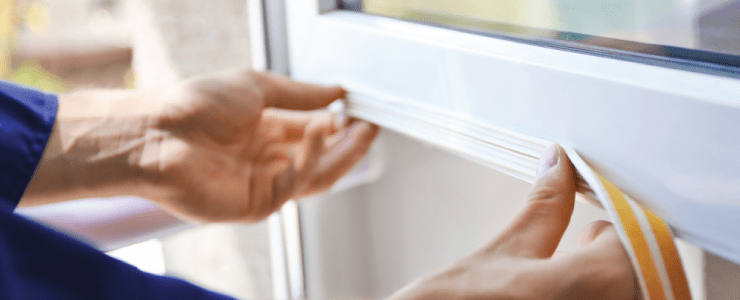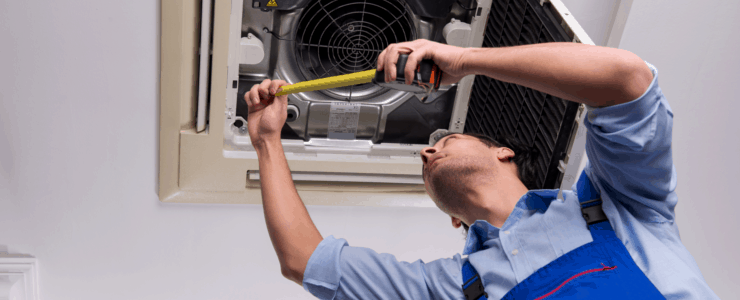Call us on 01282 863825

We’re living in extraordinary times. The Covid-19 crisis has had a dramatic effect on the way we live and work on a day to day basis, and the after effects will likely be felt for months, if not years to come. Business owners are coming to terms with a lot of new challenges, and amongst those challenges is the ongoing maintenance of buildings and properties. As with almost everything else, this area is suddenly being judged according to a whole new set of criteria. Here are some of the key considerations it’s now best to bear in mind.
This is the first question that now needs to be asked of any impending job. New and pivotal elements of risk are now involved, and the urgency of the work must always be weighed up against the nature of this risk. Jobs that address an immediate safety issue are obviously one of the prime examples of essential work, such as electrical repairs that may otherwise present the risk of an electrical fire. Faults concerning gas, electricity, fire or other safety hazards should generally not be ignored. However, blocked sinks and leaky pipes, inefficient air conditioning, broken pieces of guttering or loose fence panels are highly unlikely to be reasonably considered essential.
Other issues may not present immediate safety hazards, but may give rise to longer term health risks – such as water quality and hygiene. For the health risks they pose, these may well qualify as essential works too.
The Building Engineering Services Association has advised that there are a number of other reasons why works may be considered important:
Full shutdowns should ideally be avoided if possible, as it will likely be more difficult to get things up and running again after the peak of the crisis. However, in individual cases, it will usually be up to the discretion of the building manager or property owner as to whether the work is considered essential, but it’s always important that any decisions are based on official guidance and government advice.

Adapt your maintenance schedule to priorities work accordingly
As we’ve already explained above, all work needs to be strictly prioritised based on risk. Many companies have introduced a weekly low-usage maintenance schedule that ensures their key systems remain in good condition, such as water reservoirs (which can prevent dangerous outbreaks of legionella).
Check official guidance regularly
The situation with Covid-19 is constantly evolving, which means that the government is regularly releasing new guidance in accordance with the latest information. As well as checking on government guidance though, it’s also a good idea to check the policies of your equipment suppliers or insurers. Bear in mind that lots of insurance companies are evolving their own strategies to the virus, and many are attempting to be flexible in their accommodations to ensure that they look after their clients.
Minimise the number of necessary trips and personnel
Ideally, it’s best to ensure that the minimum number of people are on the premises at any one time. There are several ways you can think about achieving this; for example, if you can get a single professional to complete all their necessary jobs in a single trip, it will reduce the necessity for that person to potentially expose themselves to future risk. Try not to schedule multiple jobs on the same day if you can avoid it – but if you can’t, even a delay of just a few hours between jobs can give professionals time and space to keep out of each others’ way.
Ensure that due diligence is done
It’s a good idea to constantly check back in with your staff or contractors, especially just before they do a job. Don’t hesitate to ask what might be normally invasive questions, such as whether they or any members of their family or household have been ill recently. Could they have been in contact with someone who is? It’s also wise to have contingency plans in case you get undesirable answers to these questions, such as who else can do the job, and on what timescale.
Above all, it’s best to emphasise commitment to current social distancing guidelines, and do everything you can to facilitate them. If you need any specific advice about your air conditioning or heating, cooling and ventilation systems, we’re only a phone call away here at Askews, on 01282 863 825. We’re here to help!